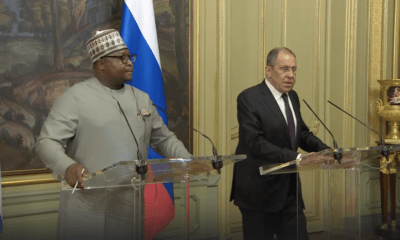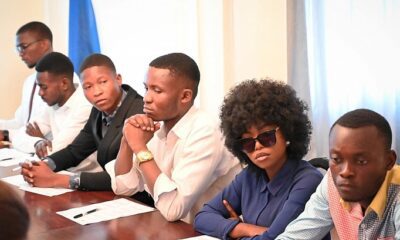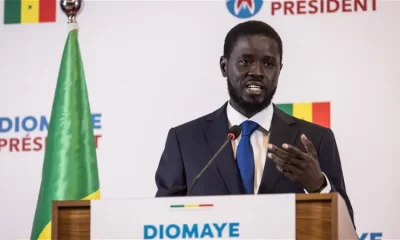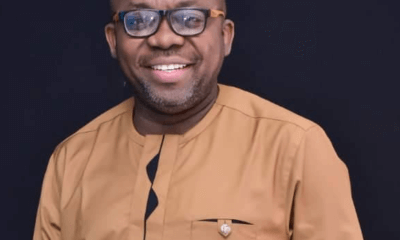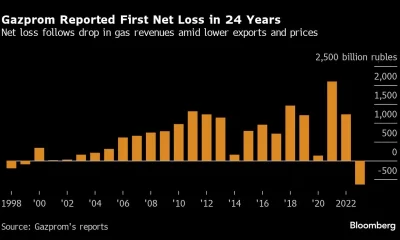Forgotten Dairies
Putin’s Retirement: What Does This Mean For Russia? -By Leonid Ragozin
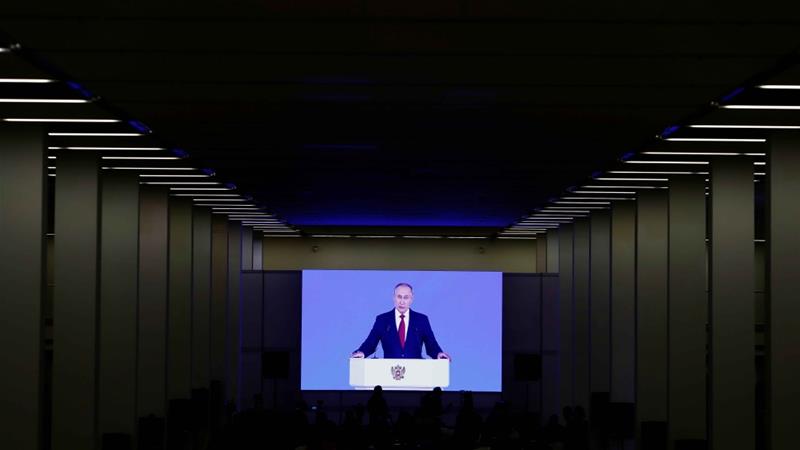
In this year’s state of the nation address delivered on January 15, Russian President Vladimir Putin made some bold proposals about changing the Russian constitution. With this unexpected move, he ushered in a new political cycle which will culminate in the rearrangement of the power vertical after he steps down as president in 2024 (or even before that).
His speech left many questions unanswered and we are nowhere closer to understanding what this new arrangement might be. The only thing that remains fairly certain is that Putin is not planning to retire from politics when his term ends in 2024.
In his speech, the president admitted that Russian society demands change. A number of polls over the past couple of years have detected a clear shift in public sentiments from the desire for stability to eagerness for change. A November survey showed that some 60 percent of Russians want “major changes” in the country.
A classic majoritarian, Putin built his popularity on telling people what they want to hear and striving to be everything for everyone – from nationalists to liberals – in a highly diverse society. He is also a master of imitation with a post-modernist penchant for historical re-enactment. For many years, he was successfully imitating the ambience of the Brezhnev era, which millions of Russians associate with political and economic stability.
Now the people demand change, so he seems to be offering a faux Gorbachev-styled perestroika. But as before do not expect Putin’s imitation to come close to the original.
The amendments to the constitution the Russian president proposed would increase the power of the prime minister at the expense of the president and boost the authority of the State Council, currently a consultative body consisting of top officials and regional governors.
Just hours after the speech, Prime Minister Dmitry Medvedev handed in his resignation and was replaced a day later by the little-known head of the Federal Tax Service Mikhail Mishustin, a man with a reputation for being a competent if uncharismatic technocrat.
As the news settled in, Russian and foreign political analysts came up with such a plurality of interpretations that it became clear that Putin has not really shown his cards yet.
The first and seemingly most obvious theory is that by weakening the presidency and strengthening the role of the prime minister, Putin is preparing to remain in charge of the country as the head of the cabinet with a pocket president at his side. That, in other words, means a remake of the tandem arrangement which he and Medvedev had between 2008 and 2012.
The weakness of that theory lies in the fact that even after these constitutional changes are made, the prime minister will not have that much power, so it will be hard to talk about Putin being the same omnipotent ruler he has been for the last two decades. It is also unclear whether he has sufficient enthusiasm to deal with the day-to-day economic and social problems of the country. He felt visibly tired of that towards the end of the tandem period, while Medvedev appeared more and more presidential, even allowing himself to reprimand his premier on some occasions.
Many analysts suggest that instead of that, Putin might become the head of the State Council, the body which he proposed a special clause for in the constitution. This could pave the way for a type of succession, which is now being tested in neighbouring Kazakhstan by Nursultan Nazarbayev, who has stepped down from the presidency but seemingly retained power.
It is unlikely though that this model will work in Russia, which has strong and vocal opposition, led by Aleksey Navalny, and an equally vocal cluster of independent media. Putin’s regime hinges on his very genuine, but dwindling popularity which will be difficult to maintain if he blatantly changes the constitutional arrangement to fit his personal interests. In fact, his ability to go around the constitution through the tandem scheme without losing power was admired by some of his supporters.
This is why other commentators say Putin is eyeing the post of the State Duma speaker in a country which will shift from a strong presidential state to a parliamentary democracy – or non-democracy, as one would expect with him in charge. A pocket technocratic prime minister would fit neatly into this picture.
As ever with Russia and Putin, one should allow for a certain degree of ambivalence. Yes, the very fact that a president, who has already tricked the constitutional arrangement to stay in charge for an extra 12 years, is amending the constitution during his last term is a perfect illustration of the regime’s authoritarian and personalised nature.
But Putin, who like many other ageing gentlemen spends an excessive amount of time discussing historical matters, does not necessarily wish that his sole legacy would be a dictatorial state that would collapse as soon as he is gone – in the absence of an equally strong and popular figure.
It is therefore not inconceivable that he might be envisioning a more impersonal state with a functioning system of checks and balances. In fact, one of the Kremlin’s best-known narrative architects, Vladislav Surkov, has already formulated this arrangement in the most flattering terms for his boss.
He suggested that future Russia should be united not so much by Putin, a man of flesh and blood, but by Putinism as an ideology of collective coexistence and survival.
It sounds very much like Argentina’s Peronism, which means it is not necessarily incompatible with democracy.
Ultimately there is one thing which Putin understand perhaps better than all Kremlinologists, both Russian and Western: It is that he is the product of the ever-changing Russian political culture, not otherwise. He is the living embodiment of what Russian experts often call “the collective Putin”. He can adapt as a politician to tectonic cultural and social shifts, but he hardly has the power to precipitate them or change their direction. Perhaps he can slow them down at best.
Covered by the dirty film of Russian foreign policy, these shifts remain invisible to outside observers. But they do exist and are powerful. They go in the direction of globalisation and greater convergence with the West – in lifestyle as well as the cultural products and ideas people consume, especially online.
It is these shifts, not Putin, that will define Russia’s future political setup.

